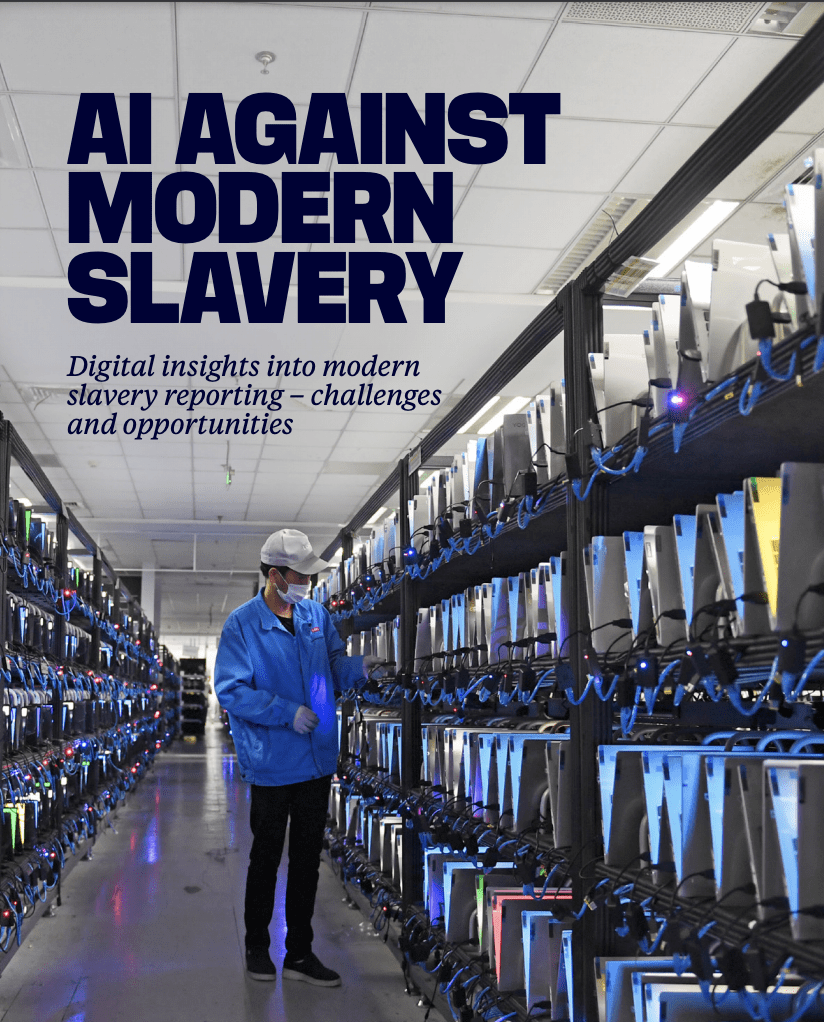
AI Against Modern Slavery
BACKGROUND
6 Following California’s 2010 Transparency in Supply Chains Act, the UK developed the first national legal framework for transparency in supply chains: the 2015 Modern Slavery Act. It includes a provision that requires companies supplying goods or services in the UK with an annual turnover of £36 million or more to publish an annual modern slavery statement indicating the steps they are taking to identify and address modern slavery risks.
Yet, five years on, there are several challenges in understanding business compliance with the UK Modern Slavery Act. It is difficult to establish which companies are failing to report, while the variable quality of the statements released makes it difficult to understand the actions companies are taking to address modern slavery. With an estimated 12,000–17,000 UK-based companies having to publish statements per annum, few studies have attempted to assess these reports due to the laborious nature of manually analyzing each statement (Walk Free et al. 2019). For example, even the most comprehensive study to date, conducted by Walk Free and WikiRate (2018), sampled just over 900 reports and took almost two years to complete As companies continue to report under the UK legislation and start to report under the 2018 Australian Modern Slavery Act, failure to address these obstacles to efficiently and consistently assess modern slavery statements will undermine the potential of this legislation to improve transparency and accountability in business operations and supply chains.
To date, access to modern slavery statements has been through company websites or the compilation efforts by the BHRRC’s Modern Slavery Registry, TISC, and WikiRate, who have collected, collated, and analyzed these data. Much of this information has been collated manually, with teams of researchers searching for, and systematically reviewing, available statements. Given this is a costly exercise that requires a lot of manhours, a more centralized and automated approach is desirable. Promising steps in this regard are the development of the UK Home Office registry, and the recent launch of Australia’s registry, which will centralize the housing of these statements.Technological innovations will also reduce the time taken to extract relevant information from these statements. This enables insights into company disclosure of actions to remove modern slavery from their operations and supply chains, and also facilitates the automation of elements of the assessment of these statements.
Read more here.
